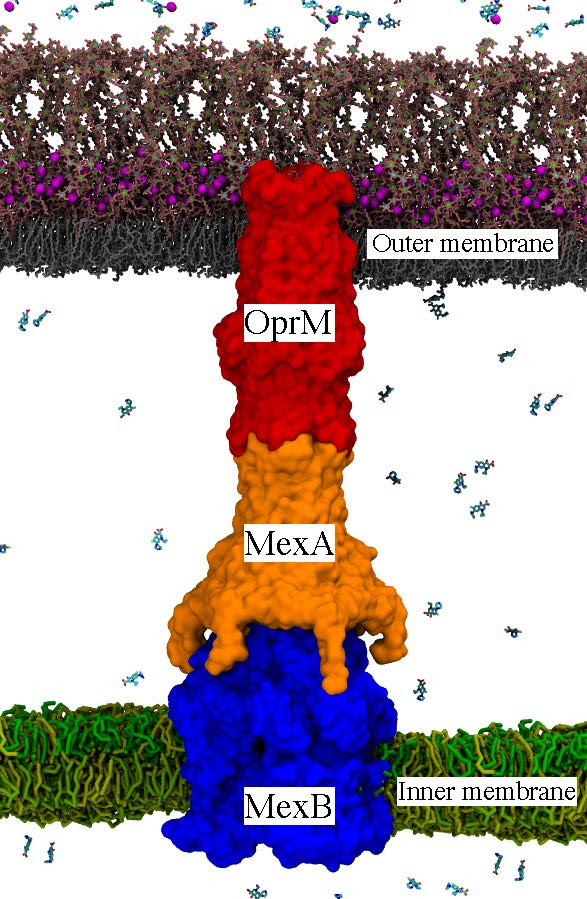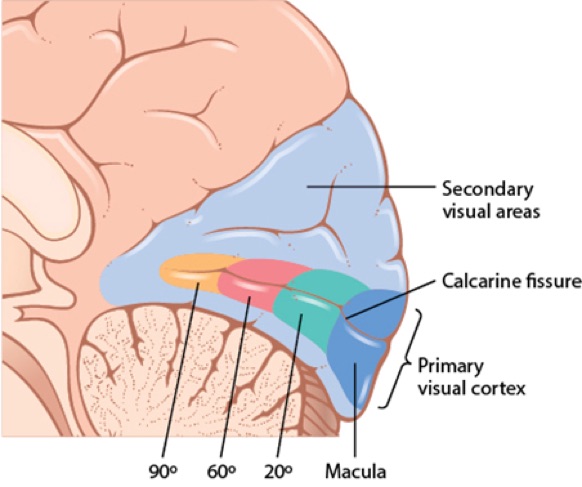Transport proteins called efflux pumps, and their role in creating drug-resistance in bacteria, could lead to improving effectiveness of drugs against life-threatening diseases and perhaps even bring defunct antibiotics back to prominence.
When pharmacy professionals — rather than doctors or nurses — take medication histories of patients in emergency departments, mistakes in drug orders can be reduced by more than 80 percent, according to a recent paper.
Injuries resulting from medication use are among the most common types of inpatient injuries at U.S. hospitals, affecting hundreds of thousands of patients every year. Errors in medication histories can lead physicians to order the wrong drug, dose or frequency.
ABC News recently suspended Brian Ross (four weeks without pay)
for fabricating an unsubstantiated story that matched his ideological beliefs about Republicans and President Donald Trump and which caused the Dow Jones Industrial Average to plummet. This was not the first time he had turned his wishful thinking into action, he also blamed the Aurora, Colorado shooting on the Tea Party. It was, however, the first time ABC instituted some accountability for his work.
An experiment designed to study neutrinos at the Gran Sasso Laboratories in Italy is under attack by populistic media. Why should you care? Because it's a glaring example of the challenges we face in the XXI century in our attempt to foster the progress of the human race.
What is a neutrino? Nothing - it's a particle as close to nothing as you can imagine. Almost massless, almost perfectly non-interacting, and yet incredibly mysterious and the key to the solution of many riddles in fundamental physics and cosmology. But it's really nothing you should worry about, or care about, if you want to lead your life oblivious of the intricacies of subnuclear physics. Which is fine of course - unless you try to use your ignorance to stop progress.
Once more many people are getting scared as a result of the recent North Korea test which puts the whole of the US in range. The headlines say it puts all of US in range. You have to read carefully to discover it was probably a lightweight mock warhead. The way over hyped news stories about North Korea scare vulnerable young children and adults. So I write this to help put it in perspective. Also to explain why there is no way North Korea want to attack the US with a nuclear weapon. Nor does the US have any military options involving an invasion of North Korea, and both sides know that.
How vision operates is a complex task thehuman brain (and now “computer brains” have to take on). We take much of whatour brains do for granted.
It surprises most millennials to learn that only about 10 percent of all retail purchases are actually made online. Each semester, when I ask hundreds of undergraduate business students to estimate, they consistently guess that between a quarter and half of all retail spending happens on the internet. But this holiday shopping season, as ever in the past, the overwhelming majority of purchases will still happen within four physical walls of a store.
My wife and I annually host Thanksgiving dinner for extended family and friends. It’s a big affair and since we live in a fairly remote, albeit stunningly beautiful, part of northern Michigan, and our guests have to travel hundreds of miles to get here, the event stretches over multiple days. One of my responsibilities is to ensure we have sufficient quantity and diversity of alcoholic and non-alcoholic beverages to appeal to all of our guests who span four generations and have varied tastes.
Since writing on intelligence and
race, many who know me and that I am capable of Aspergerian levels of
critical thought, such as the boss of Science2.0, cannot understand how I, the quantum
relativist unforgiving of any simplification, can be suddenly so naïve as to,
for instance when discussing IQ, neglect different kinds of intelligence and “creativity”.
Such dismissals occur in spite of, as it is relevant for this particular
example of discussing intelligence, my discussing analytic-verbal versus spatial intelligence and “emotional
intelligence”, and also knowing from personal experience what can be described
as a “lack of creativity/critical thinking” of East Asians (I teach East Asians
for 15 years, a decade in China!).










